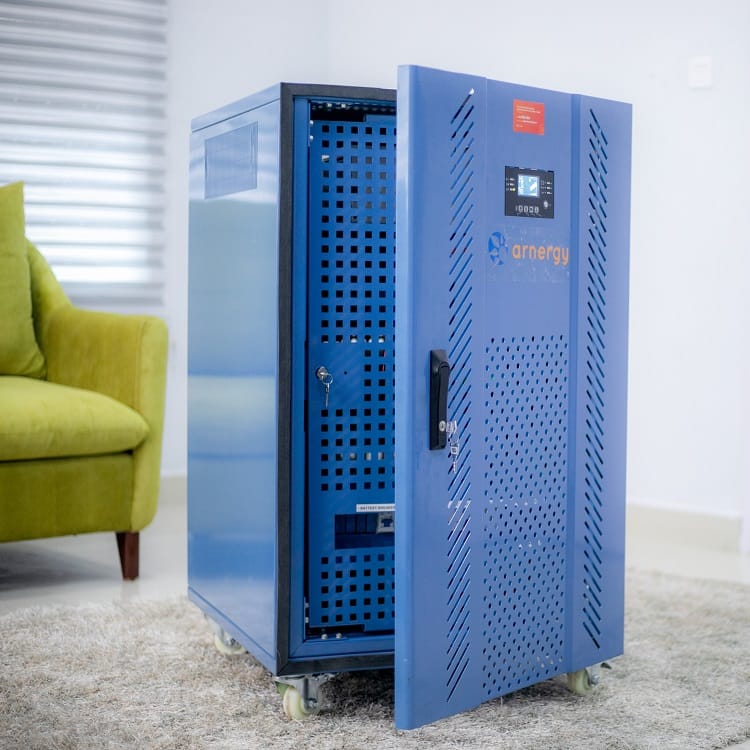
Nigeria solar adoption boosted by the end of fuel subsidies?
A Bloomberg Green article discussed the potential for the ending of fuel subsidies in Nigeria to drive the adoption of solar in households and communities.
Whilst Nigeria is Africa's biggest exporter of crude oil (the world's 7th biggest), its lack of refining capacity means that it imports almost all of its fuel (petrol, diesel etc).
Therefore in order to keep pump prices affordable, the treasury has been spending NGN400 billion (~USD500 million) per month subsidising petroleum imports.
However, Nigerian President Bola Tinubu scrapped these subsidies back in May causing an initial 175% spike in gasoline/petrol prices, with the average monthly price as of October 2023 roughly 42% higher than the May average.
Why is this such a particular issue in Nigeria? An underdeveloped electricity grid and lack of grid connectivity means that it is a very generator-dependent country. In Lagos, which is both the largest city in Nigeria and Africa (estimated 25 million people), the national grid delivers only 1,000 MW to the city and there are frequent blackouts. Approximately 70% of households are not connected to the grid and their generators supply 15x the electricity that the grid does.
And all those generators generate a lot of GHG emissions - although their GHG emissions footprint may not be a high priority to residents.
However, with subsidies removed and traditional fuel prices much higher, residents are likely to be more focused than ever on cost and efficiency. So could this pave the way for rooftop solar adoption and a reduction in GHG emissions?
Whilst there are plans by the Lagos state government to provide all of its residents with reliable electricity by the end of 2036, with federal laws already passed enabling work to start, it is likely that there will be an off-grid component.
That's where companies like Bill Gates's Breakthrough Energy Ventures funded Arnergy, a local Nigerian clean tech company, highlighted in the article, could come in.
There are challenges, most notably financing for residents in Lagos with a median salary range of NGN252,000 to NGN 612,000. The Arnergy 5000X, for example, which is a 3kVA solar solution (panels, inverter and batteries) suitable for a 'standard 2-bed duplex' costs NGN4,150,000 to purchase (before installation and maintenance). Getting people to trust the technology and behave differently is another challenge.
The story raised a number of other interesting thoughts for us.
The Arnergy systems have integral battery energy storage systems (BESS) which highlights again potential for the next big transition boom industry 👇🏾

It also highlights that, with more renewables coming, the importance of having a grid fit for purpose becomes critical 👇🏾

Finally, the (sometimes unintended) impact of subsidies. In the case of Nigeria, despite 20 licences for private sector players being approved to build new refineries back in 2000, none were built as the subsidies (price controls effectively) raised the possibility of those players not recouping their investments. Look at the electricity versus gas pricing in the UK for example - effectively a price control. What would a correction there do to electrification of homes? Under the current energy price cap the ratio is 3.9x and so a heat pump in a medium home would cost more to run than a gas boiler. Nesta points out that a ratio of 2.5 to 1 would make a heat pump cheaper than a gas boiler over the same lifespan 👇🏾

This article featured in What Caught Our Eye, a weekly email featuring stories we found particularly interesting during the week and why. We also give our lateral thought on each one. What Caught our Eye is available to read in full by members.
If you are not a member yet, you can read What Caught Our Eye when it comes out direct in your email inbox plus all of our blogs in full...


Please read: important legal stuff.



